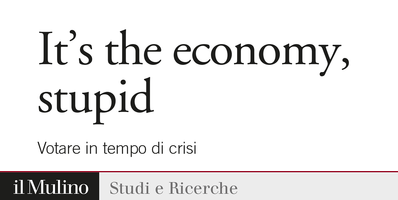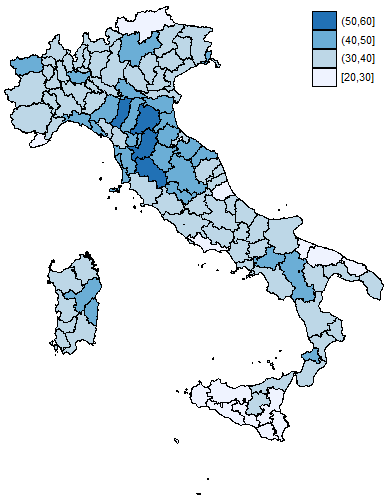Economic vote and globalization before and during the Great Recession
The Great Recession undoubtedly reduced the electoral prospects of incumbent parties, coherently with the expectations of the economic vote theory. Yet, the exceptionality of the period may have displaced other elements of that theory, such as, for instance, the moderating impact that globalization is supposed to have on the retrospective mechanism. By using an original dataset comparing 168 elections in 38 democratic countries in the period 2000–2015, we detail how the crisis modified and even reversed that conditional effect. Furthermore, we differentiate our results by separating the impact of economic openness from that of political globalization. In so doing, we improve our understanding of the mechanisms that trigger the conditional effect on the economic vote in normal and exceptional times.
Pic credit: https://amzn.to/36R2tUG




